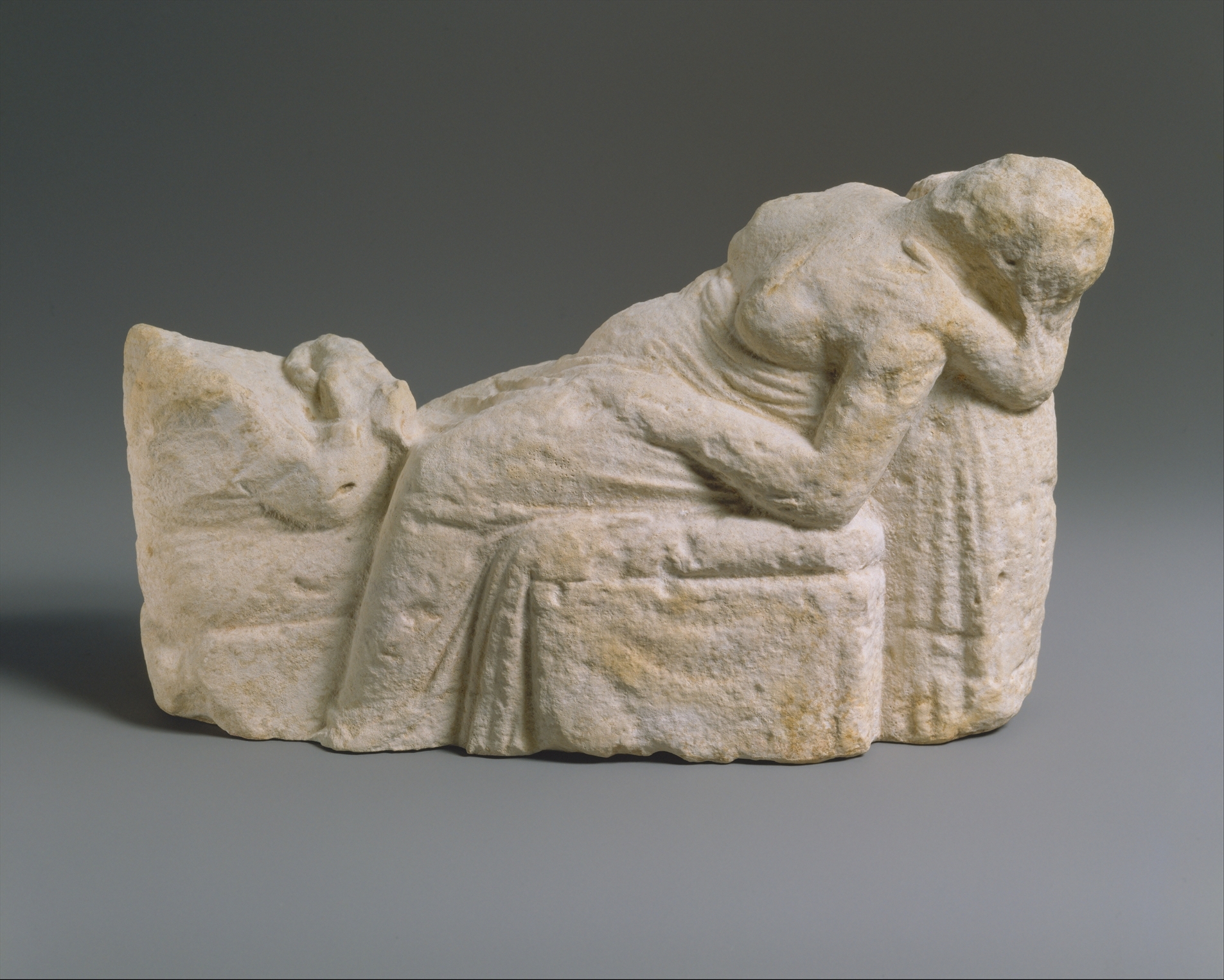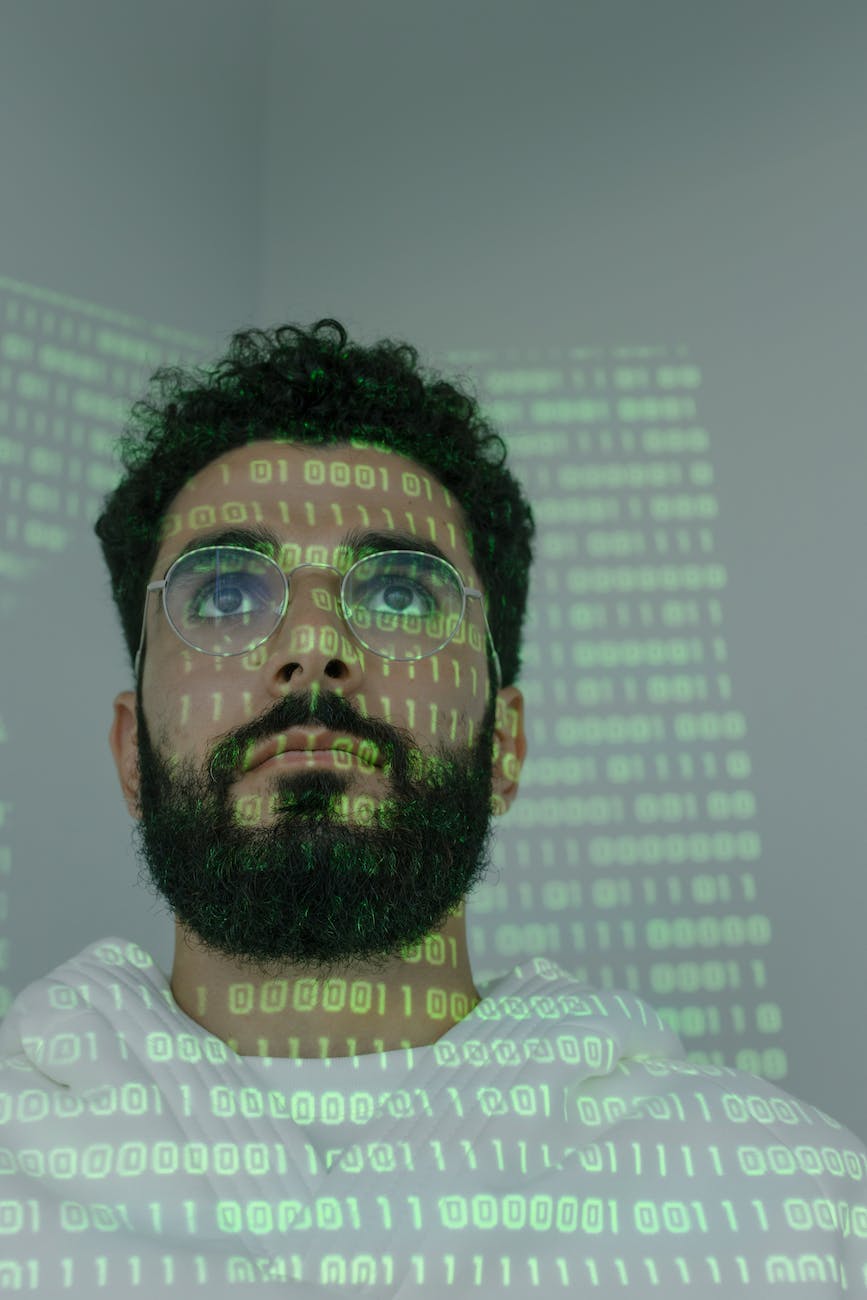
Online reflections. In my first chosen post I was inspired to recollect, and share, the experiences of my wife and myself, during and after the birth of our children. I particularly remember the passion, with which my wife embraced these online communities (Hamilton, Robert, Online Communities Post, Oct 19, 2010), and it was really my first conscious experience of the power of the Internet to forge and foster real communities. These online communities defied geography to bring together parents from all over Australia, to share their fears, excitement, opinions, knowledge and prejudices. I saw firsthand how the Internet serviced these community members by creating a portal, which uniquely provided for a subsection of society, who traditionally were often isolated by their condition – expecting mothers are often at home and out of the workforce. The 24/7 nature of the Internet and these website based forums – joyousbirth.org and naturalparenting.com.au – allowed members to share at any time of day or night, getting answers to questions about the health of expecting mothers and babies when they needed them.

The highlighted differences between the online community and the offline one in this particular section of our society were, I think, the bringing together of parents from all walks of life (Shafi. 2005). The Internet removed many of the usual barriers of class, economic status and the like, by its denuded nature – leaving content free of its dressing. People shared based on their need for knowledge rather than whether they were rich, beautiful or white.
Power was vested in those members who had and voiced natural wisdom (Liedloff, Jean, 1975), earth mothers who walked their talk when it came to having babies naturally and usually outside of the hospital system. The economy of these sites was more cottage industry through networking, with mum’s making cloth nappies and baby carriers out of hemp and other natural substances and selling them to other mums. Knowledge was the fore runner – teaching new mums about the natural way – and then merchandising followed.
I observed during this period that identity based on being a new parent and being a ‘natural parent’ was ‘über’ important to all the members of this online community. In fact it was a badge of courage or point of difference to most members in the face of the general apathy of the offline community of new parents.
In my second chosen post example I examine the innocence and naivety, through which the incredible burst of popularity has delivered an enormous amount of private information onto sites like Facebook, Amazon and MySpace (Hamilton, Robert, Online Behaviour post, 19 Oct 2010). Here we see people just not realising the consequences of their actions, when inputting personal information into these sites. Most people do not understand that these sites consider that they then own all the information and pages on their sites – these online diaries in the case of Facebook are not the individual’s diary but are actually owned by the provider of the technological medium.

With sites like Amazon it is simply one of the leading examples of online shopping sites, which are endlessly collecting and collating consumer information – so that every time you utilise the convenience of online shopping you are often, not knowingly, contributing data toward an ever increasing profile of yourself. This profile is quite likely being on sold to a variety of Internet interests, who are benefitting from the value of this information. The World Wide Web, having been created by Tim Berners-Lee as a basically free to user economic model- hence its massive popularity, forces providores of sites to generate income through secondary means. Examples of this are sites like Facebook and MySpace, who then sell advertising space and information to whoever will pay. Google, the search engine, has a similar economic model with AdWords and AdSense.
Google (Mansell, Robin, 2004) in particular has revolutionised the advertising industry throughout the Western world, driving the incredible rise in online advertising dollars. Suddenly an advertiser can target his spend by having his ads appear in the search results list on the world’s most popular search engine. In this relatively new way of searching for consumerables, businesses who can supply the desired product or service can appear atop the page ranking list with a text ad, if they can afford the bid. This economic model has been abundantly successful Google and has provided in most cases cost effective advertising for advertisers.
In my third post I posit that the Internet is a boon for those seeking information regarding religion and a particular way of worshipping God. The Internet (Hamilton, Robert, Internet Religion Threat post, 1st Oct 2010) is all about freedom of information and the presentation of a multiplicity of views on any subject – when this set of conditions meets a topic like religion it breaks down much of the secrecy traditionally inherent in its offline reality.
Religion has a rich history of controlling access to its meta- data or the word of God. The dark ages in the Christian religion were characterised by the litany being only available in the Latin Language and with much of the general worshipping populace ignorant of this language it allowed the priest class to interpret the word of God without query. Further to this the Christian Church hierarchy controlled what texts or books were translated from the Greek into Latin, thus preventing much of the classical canon reaching the population until the Renaissance (Franklin, James, 1982) in the sixteenth century. This control of information, and thus power, has made the Christian religion a practised exponent in the art of secrecy. The very nature of the Internet stands in stark contrast to this way of doing business.
I read with interest about ministers of religion purchasing sermons online (Van der Laan, J. 2009) and the Internet’s influence on the dispersion of inspirational texts to this online community of priests – I imagine that it would have an improving and yet homogenising affect upon these professional speech makers. Religions of all persuasions, being firmly rooted in an adherence to texts birthed in antiquity, are I think faced with great challenges being presented by the Internet and its unfettered access to knowledge. How to control your flock, if they are able to research the ‘so called’ word of God 24/7 and to discover conflicting information from other sources? Excommunication may have technological ramifications and I imagine the Vatican, for instance, probably has a pretty big IT department these days.
Having personally been a member of a religious cult – the ‘so called’ orange people, disciples of Osho Rajneesh, I know firsthand about reading online anti-cult information posted by disgruntled former devotees. In retrospect, I now see this freedom of information being a good thing, and a state of affairs which presents a balanced view of things. Religion is of course often a matter of the heart and objectivity is usually the last thing sort by those who classify themselves as true seekers.
In my fourth selection I shared my own experiences as a recent convert to Internet dating, after the cessation of my marriage. I must say I have really enjoyed the simultaneous studying and living out of an aspect of this unit – as it has given me a dual insight into an activity that I would normally be prone to be very subjective about in the circumstances. I have been able to see how the structure of the model itself is not conducive to the forming of relationships, as pointed out by Mike Kent (2010) in his lecture on the subject. It has been enlightening to see how the nature of the technological medium itself impacts on the desired outcomes of the participants in dating sites like RSVP. The site needs large numbers of people to be attractive to prospective clients and also to furnish its own economic model through advertising revenue, but getting people to form lasting relationships is not actually high up on its list of desired economic outcomes.
In conclusion, I have found this unit and the processes involved – analysing the Internet through my own life experience and those around me – to be a fascinating and rewarding experience. It has brought a whole new level of awareness to what is happening around me and in the world today.















Average Rating